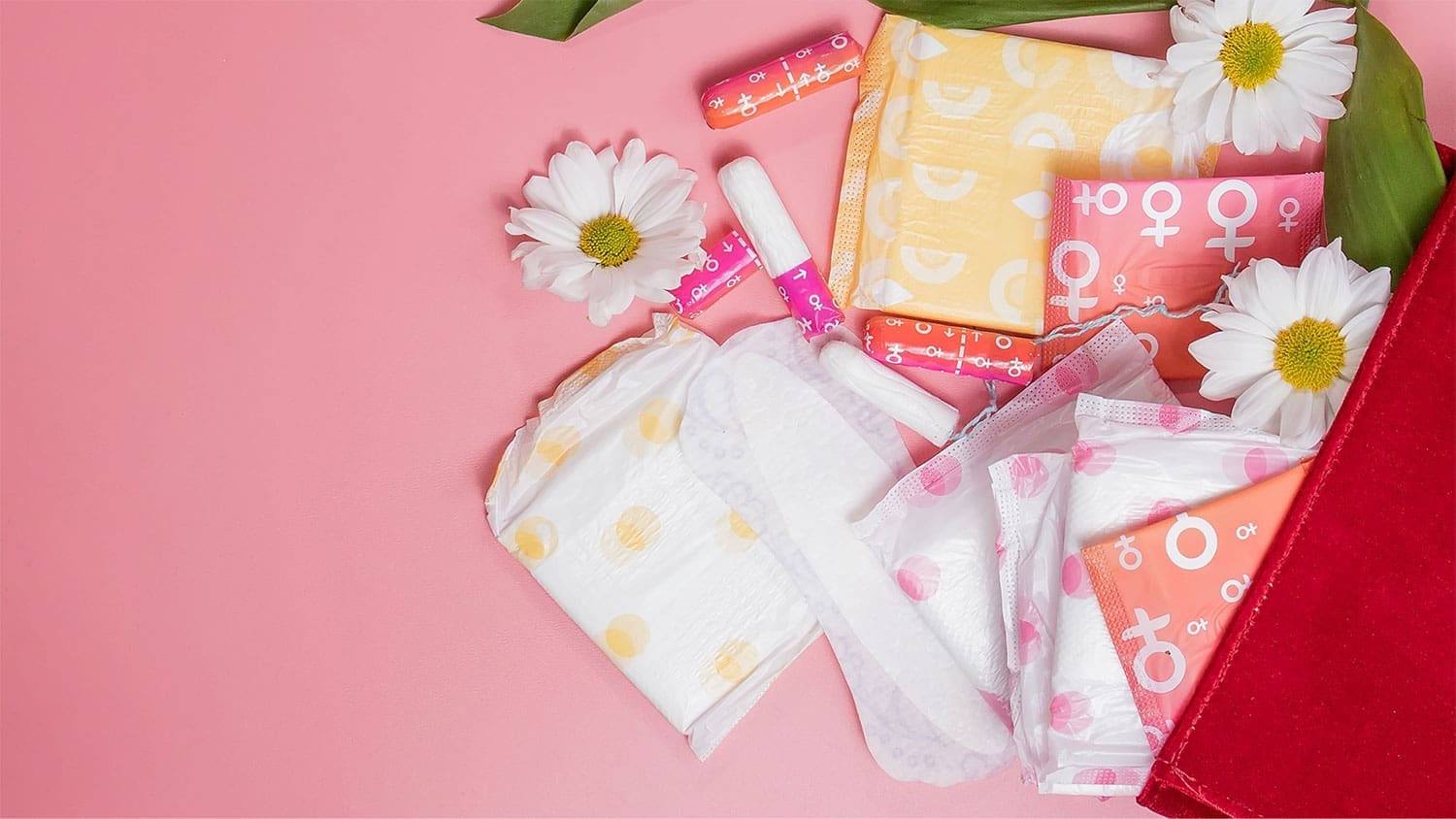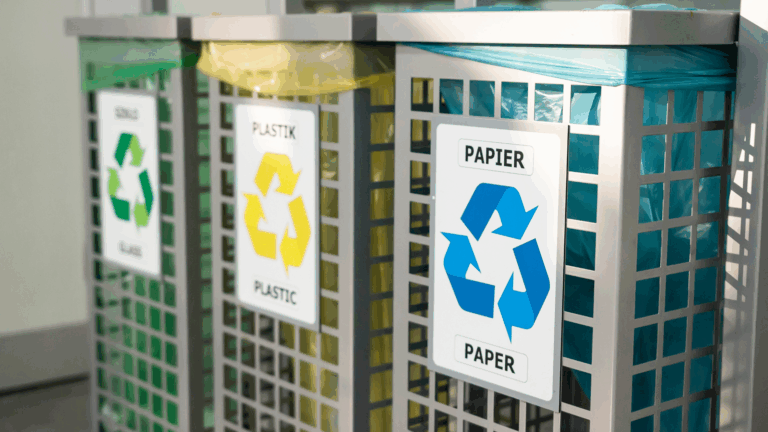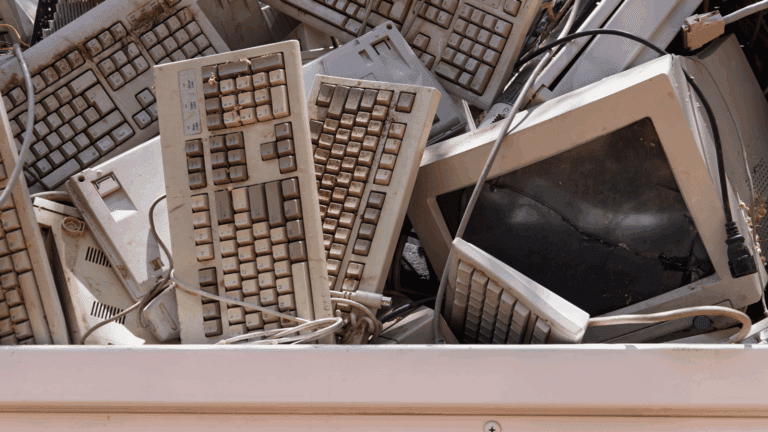
Whether you have a huge team to support or are providing facilities for something a little smaller, ensuring staff have access to discreet sanitary disposal is important. While not a particularly glamourous topic of conversation, making provision for sanitary waste is a vital part of effective and hygienic waste management across a broad range of businesses and industries.
In this blog post, we’ll cover the basics of sanitary waste so you can navigate a path towards hygienic, safe and compliant waste disposal.
How should sanitary waste be managed?
Like any area of waste management, sanitary waste has to be handled with care and dignity. Handling and disposing of feminine hygiene (i.e. sanitary pads and tampons), incontinence (nappies and incontinence pads) and other personal hygiene products isn’t easy. The vast majority of these products can’t and shouldn’t be flushed down the toilet, and need to be disposed of by alternative methods to ensure a hygienic workplace and low impact waste management.
Under no circumstances should an employee or visitor be left in a position where they have to flush their sanitary products due to the lack of designated sanitary bins. Collection by professional waste management services should follow and be undertaken periodically. Most companies have their sanitary bins emptied at least once a week as a rule of thumb.

Are sanitary bins a legal requirement?
It is actually a legal requirement to dispose of sanitary waste appropriately in line with the Workplace (Health, Safety, and Welfare) Regulations 1992.
By law, all UK workplaces must provide suitable sanitary waste disposal facilities, such as designated bins for sanitary products. They should also employ suitable waste management services to handle ‘offensive waste’ like sanitary products responsibly and sustainably under the Environmental Protection Act 1990, Controlled Waste Regulations 2012 and the Waste Framework Directive.
Why sanitary waste disposal matters
Improper disposal of sanitary waste can cause all kinds of problems. Without access to suitable and fully contained facilities, sanitary waste can quickly accumulate causing all manner of unpleasant odours, spread of disease and hygiene issues.
If sanitary waste is flushed down the toilet, it can wreak havoc with a business premises’ plumbing, due to the fact that items such as nappies can clog pipes and prevent the flow of water and waste. Once a blockage develops, the cost of remedial work can be significantly higher than the cost of providing suitable sanitary waste disposal in the first place.
Outside of your business premises, the incorrect disposal of sanitary waste causes more chaos. As most sanitary products contain non-recyclable materials, they are a serious contributor to landfill pollution. Flushed sanitary items can also cause challenges within the water system, adding to water-borne pollution and making waste water treatment a more costly process.
By engaging with a professional waste management service, businesses can help to prevent plumbing issues, act in an environmentally responsible manner and remain compliant with UK business regulations.
What sanitary waste?
Let our waste management services take the hard work out of sanitary waste disposal. With collection, transportation, treatment and processing, non-recyclable disposal, hazardous waste management, consultations and audits, reporting and compliance, and education and training all covered, your waste is in the right hands.

Contact Everflow today!
At Everflow, our goal is to make your utilities simpler. We ensure you get great-value contracts that are tailored to your needs and easy to manage.


